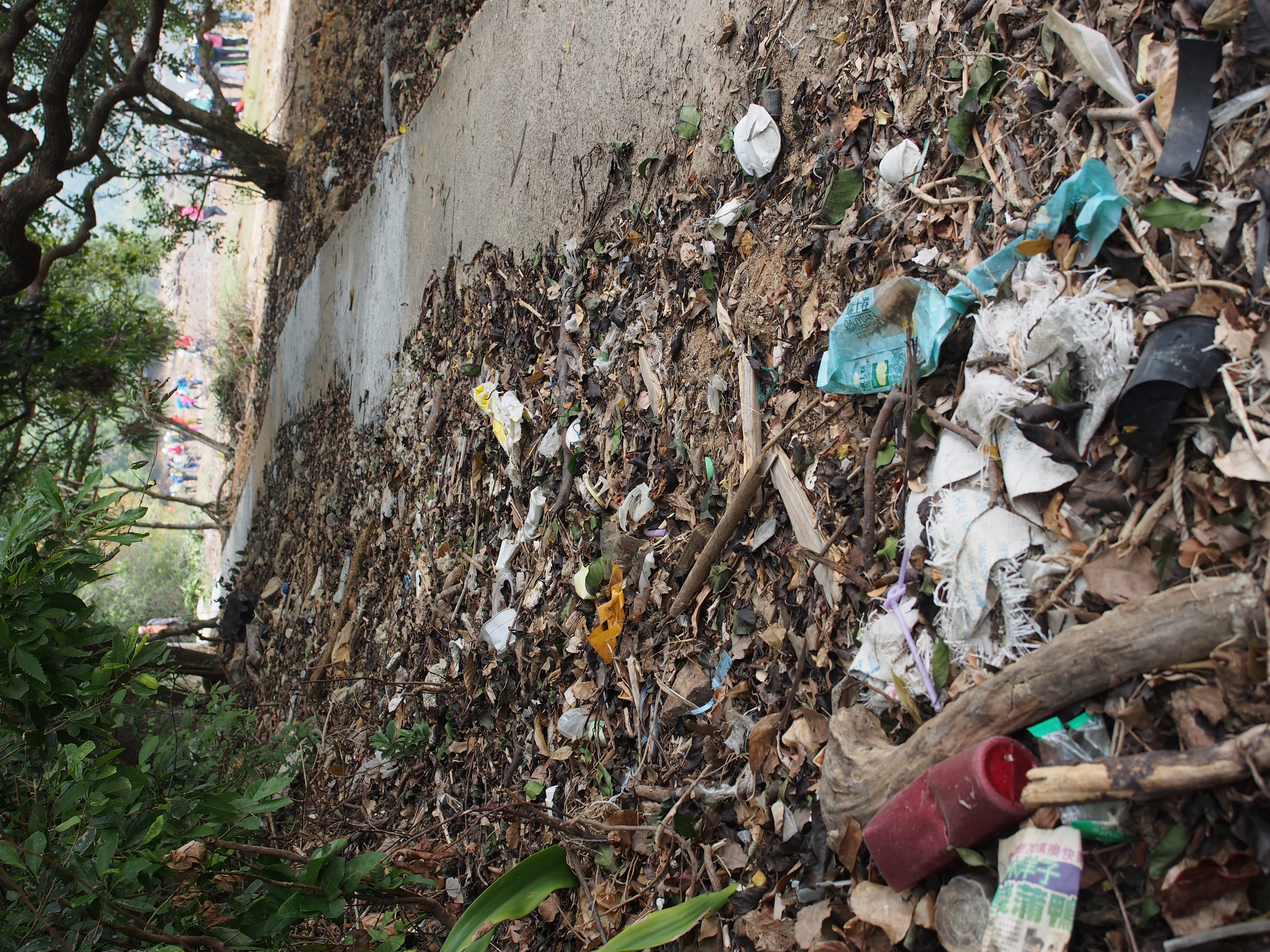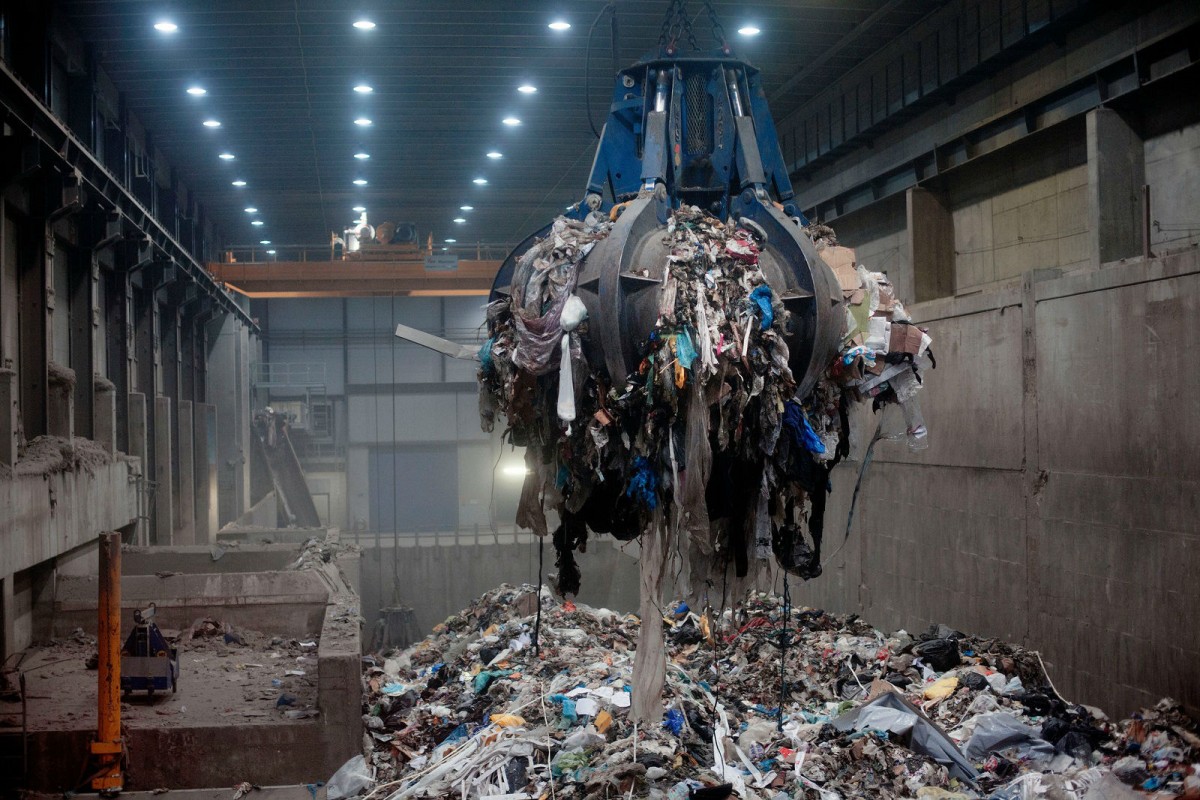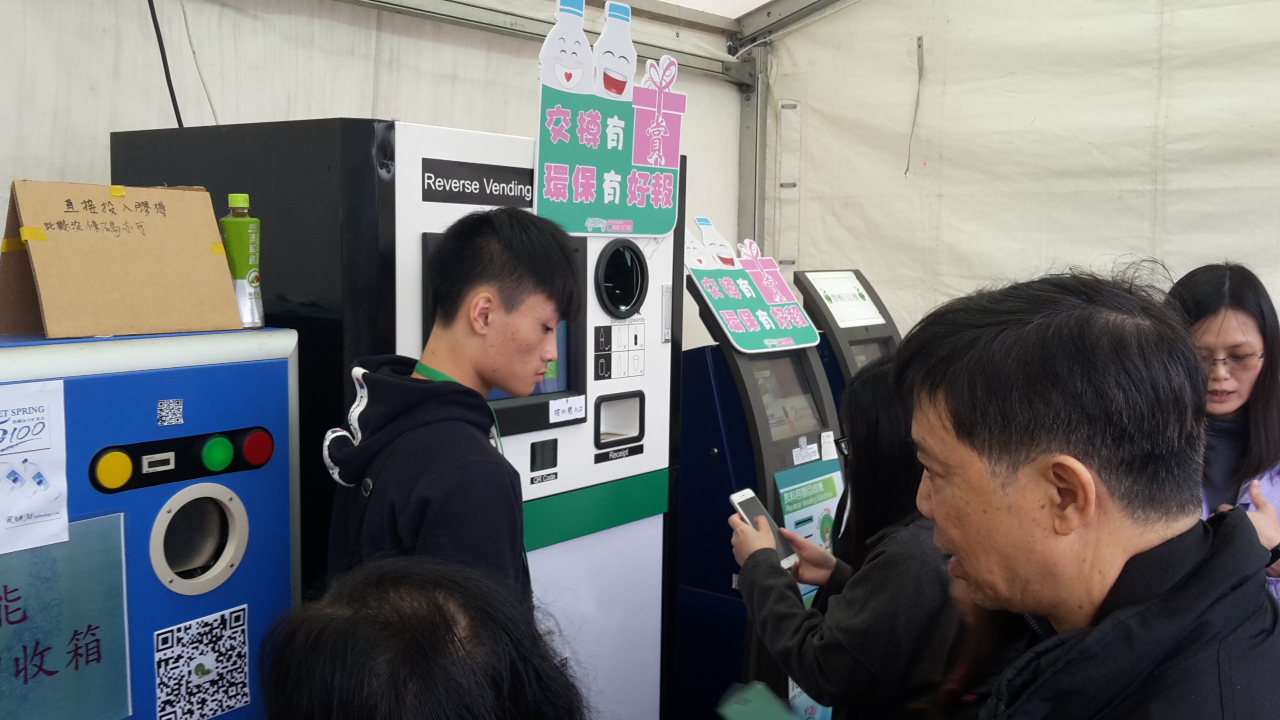What Hong Kong’s 2023 waste data tells us, and what it doesn’t
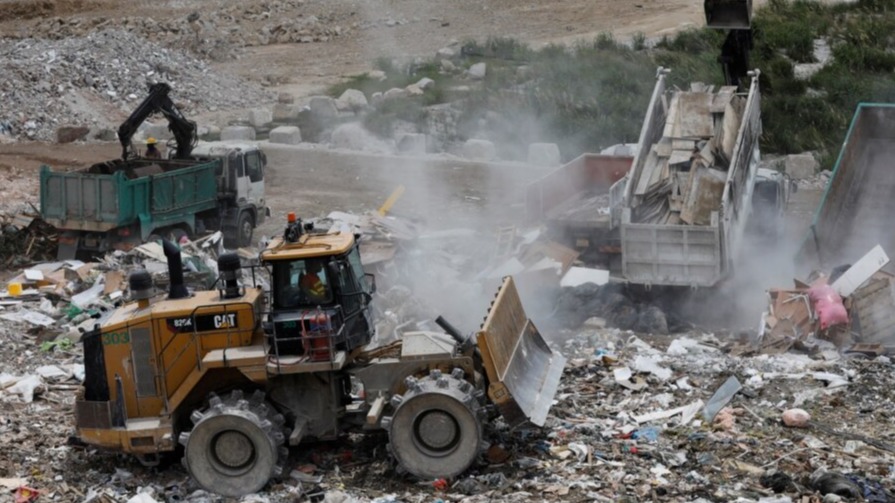
(25 Dec 2024 SCMP)
Hong Kong finally published last year’s waste statistics on December 19, nearly a month after Secretary for Environment and Ecology Tse Chin-wan shared some of the more positive developments in his blog on November 24. Why hold up the release of the full monitoring report until almost the end of the year? The sooner lawmakers and stakeholders have a full picture of the city’s waste situation, the quicker they can come up with the needed solutions.
One positive finding is that the quantity of municipal solid waste going to landfill has fallen – by 2.2 per cent to a daily average of 10,884 tonnes, from 11,128 tonnes in 2022. Easing the pressure to expand Hong Kong’s landfill capacity is one of the government’s main waste management objectives.
On a daily average, the quantity of solid waste we threw away last year fell by 10.5 per cent for plastics, 3.2 per cent for paper and 3.4 per cent for food. But given that food makes up the largest part of solid waste at nearly a third, we still need to urgently find ways to handle the 3,191 tonnes of food discarded every day. Hong Kong’s existing food waste treatment facilities can only handle 600 tonnes a day.
The city’s first waste-to-energy incinerator, I·PARK1, is due to begin operations next year but sending thousands of tonnes of food waste to it every day is counterproductive if Hong Kong’s aim is to reduce carbon emissions. Fossil fuels would still be needed to dehydrate the food waste before combustion.
Households have done well in cutting their food waste, which went down by 291 tonnes a day last year – but the same went up by 179 tonnes for the commercial sector. Clearly, the authorities need to put in more effort and resources to help businesses slash their food waste.
When it comes to disposable plastic tableware, despite years of government efforts to discourage their use, the city threw away 243 tonnes of it last year, an increase of 7 per cent. With hope, Hong Kong’s ban on single-use plastics, introduced in April, will reverse the trend – although the worry is that businesses will simply switch to using non-plastic disposables, rather than reusables.
Relevant and transparent data disclosure is instrumental in the execution of government policies and regulations. But since 2020, the official annual waste monitoring report no longer specifies the quantity of polyethylene terephthalate (PET) bottles – mainly drink containers – we throw away.
Given the combined plastic bottle figure, it is hard to assess whether drink producers, retailers and consumers have done enough to cut waste at the source or recycle PET bottles. However, waste statistics for paper cartons, another common container for drinks, show that we are throwing away more of it every day, up 6.7 per cent to 80 tonnes last year.
With the government set to introduce a producer responsibility scheme on plastic drink bottles and paper drink cartons to address the issue of single-use drink containers, transparency in the relevant metrics would be key to facilitating policy execution and measuring outcomes. Hiding such data might suggest a lack of confidence on the part of the authorities in tackling the problem of plastic pollution.
I get the impression from media reports that government officials and some lawmakers see waste-to-energy technology as an effective way to tackle the city’s waste. It is important to realise that incineration is at the bottom of the list of solutions for sustainable waste management. Together with landfills, it is widely seen as the least cost-effective approach in the long term.
And the public health costs have yet to be calculated. A study in Belgium found that eggs laid by chickens near a waste-to-energy plant developed high levels of dioxins, which are toxic chemical compounds. Not a single egg met the European Union’s dioxin safety limits.
Top Hong Kong officials aspire for the city to be on a par with international markets and standards. Indeed, nations and cities worldwide are increasingly seeking sustainable growth and giving generous consideration to the environment, biodiversity and people’s wellness. Hong Kong risks being left behind if it fails to see what is truly important.
Edwin Lau Che-feng is executive director of The Green Earth
Source: What Hong's Kong's 2023 waste data tells us, and what it doesn't


 綠惜講座
綠惜講座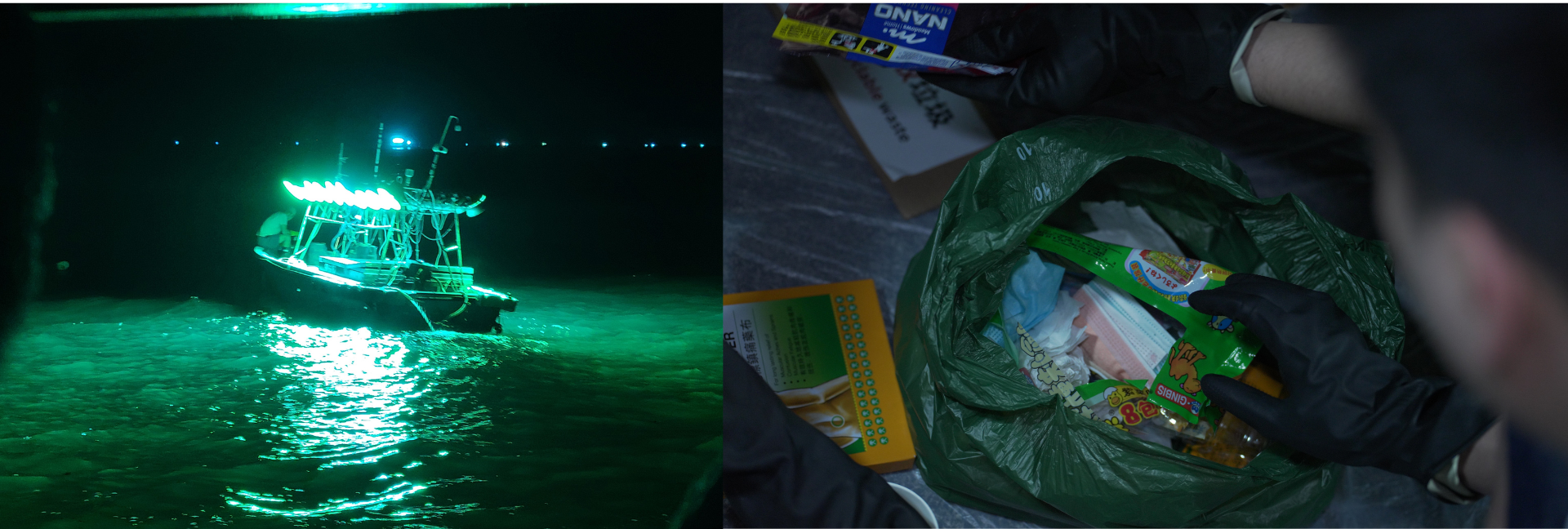

 2024-12-25
2024-12-25
 返回
返回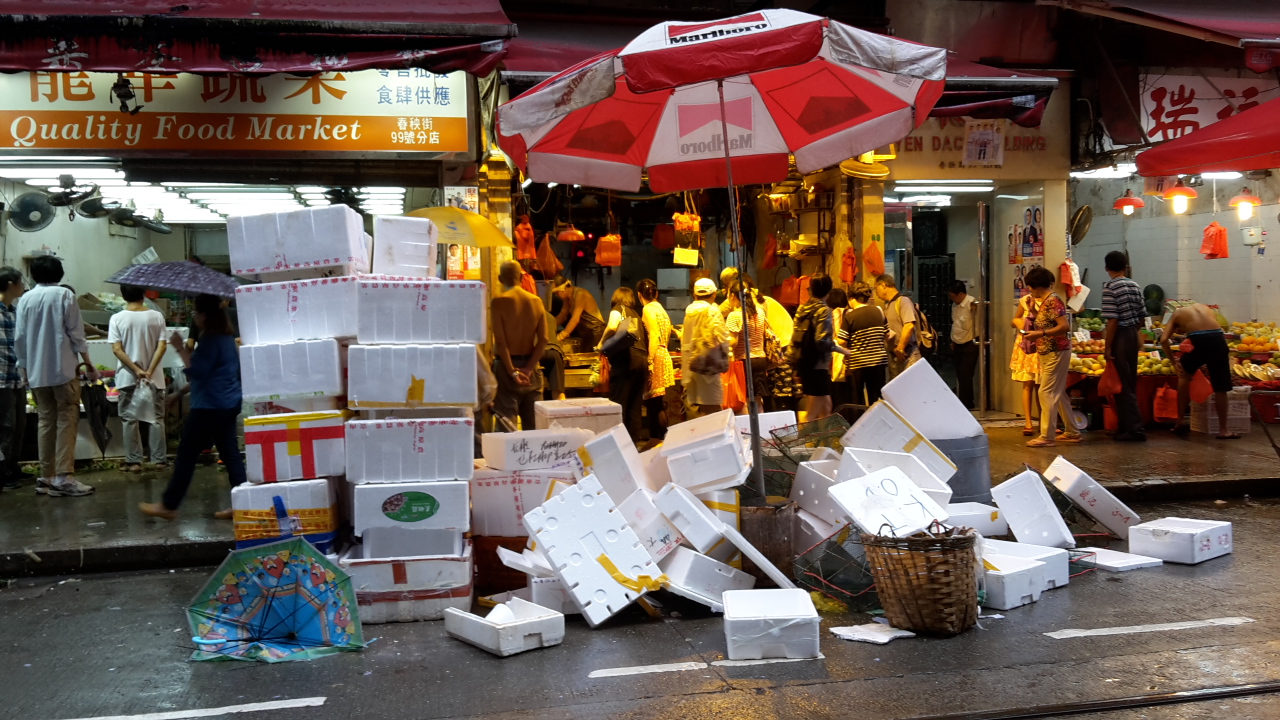
 2022-05-30
2022-05-30
